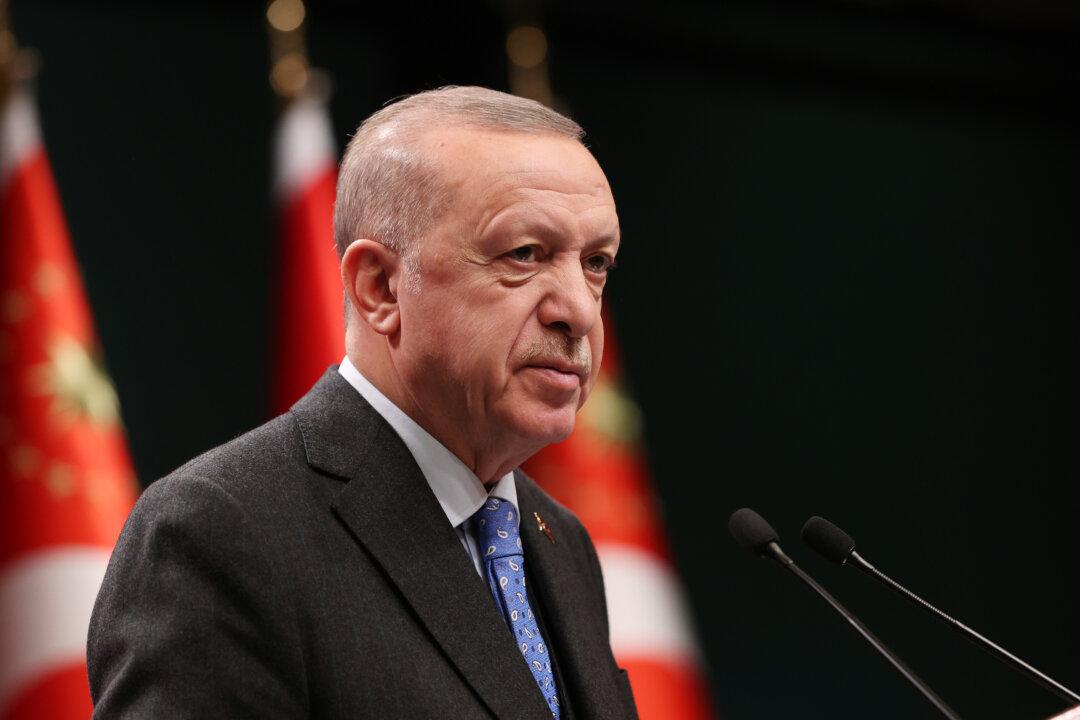Inflation in Turkey has hit multi-decade highs as policies implemented by President Tayyip Erdogan continue to take a toll on the country’s economy.
The Consumer Price Index (CPI), a measure of inflation, rose by 78.62 percent annually and 4.95 percent monthly in June, according to a July 4 press release by the Turkish Statistical Institute. This is the highest annual rate of inflation since September 1998 when it hit 80.4 percent. On a monthly basis, transportation costs rose by 10.59 percent, housing by 8.34 percent, and food and non-alcoholic beverages by 2.09 percent.





